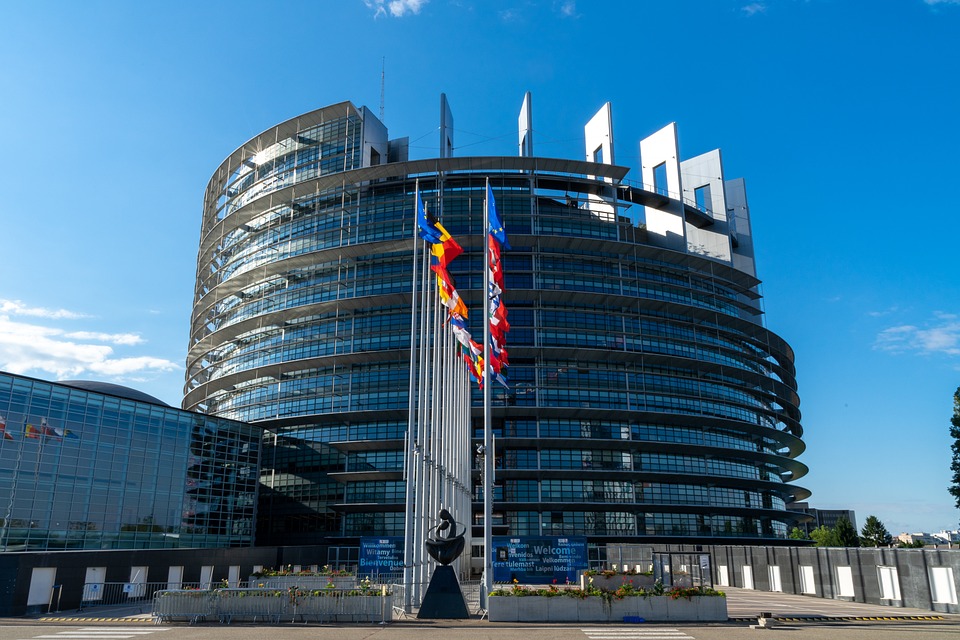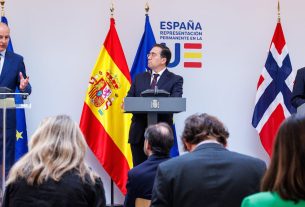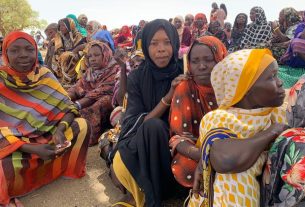Brussels, 7 July 2025 – Finance ministers from Ireland, Spain, and Lithuania are vying to become the next President of the Eurogroup, the informal body that coordinates economic policy among the 20 eurozone member states. The election, held by secret ballot, requires a simple majority of 11 votes and will take place during the Eurogroup’s monthly meeting in Brussels.
🇮🇪 Paschal Donohoe (Ireland): Seeking Stability and Continuity
Incumbent president Paschal Donohoe, serving since 2020, is seeking a third term. A member of the European People’s Party (EPP), Donohoe emphasizes the Eurogroup’s role as a source of predictability and transparency amid global economic uncertainty.
In his candidacy letter, Donohoe pledged to:
- Deepen European capital markets
- Advance the digital euro
- Promote security cooperation
- Act as an honest broker in negotiations
“The changing external environment gives us the impetus and imperative to progress on long-standing issues,” Donohoe stated.
🇪🇸 Carlos Cuerpo (Spain): Advocating Ambitious Reform
Spanish Finance Minister Carlos Cuerpo, a socialist and former European Commission economist, proposes a renewed and ambitious agenda focused on:
- Completing the banking and capital markets unions
- Strengthening the international role of the euro
- Doubling the EU’s long-term budget to fund defence, green, and digital transitions
Cuerpo argues the Eurogroup must shift “from discussion to delivery,” and has called for common EU debt issuance to bolster defence capabilities.
Despite strong credentials, Cuerpo’s political alignment may face resistance from fiscally conservative member states.
🇱🇹 Rimantas Šadžius (Lithuania): Championing Inclusivity
Lithuanian Finance Minister Rimantas Šadžius, also a socialist, is considered the outsider in the race. He previously served on the European Court of Auditors and chaired ECOFIN during Lithuania’s 2013 EU Council presidency.
Šadžius supports:
- Accelerating the digital euro
- Promoting fiscal sustainability
- Reducing geographic concentration in capital markets
He is expected to draw support from Eastern European states, but faces vote-splitting with Cuerpo and limited backing from larger economies.
🗳️ Election Process and Outlook
The Eurogroup presidency is elected for a 2.5-year term, renewable once. If no candidate secures a majority in the first round, subsequent ballots will be held until one emerges with sufficient support.
The outcome will shape the eurozone’s economic direction amid challenges including inflation, defence spending, and financial integration.
For official details, see the Eurogroup press release and RTÉ’s election coverage.



